This is horrible. But it’s a book by Mark Bowden, who wrote Black Hawk Down and Killing Pablo, so it’s compelling: an almost perfect true crime story. Two sisters, aged ten and 12, disappeared from a shopping mall in 1975 and were never seen again. What happened to them was a mystery for 40 years. In The Last Stone, Bowden tells you about two things. He tells you how the mystery was solved, and he tells you what happened to the girls. The first thing is compelling. The second will make you sick.
The girls, Kate and Sheila Lyon, went to the Wheaton Plaza shopping mall in Montgomery County, Maryland on 29 March. They were supposed to be home by 4 p.m. They weren’t. They vanished. The police interviewed lots of people. They searched the surrounding area. There were sightings of the girls in the mall. A sketch was made of a young man with a skimpy moustache and long hair. He’d been staring at the girls.
And then, three days later, something weird happened. An 18-year-old man came to the mall. He had long hair and a ‘pathetic whisper of a moustache’. He was stoned. This was Lloyd Welch, ‘scrawny and acned and mean; life had treated him harshly, and it showed’. Lloyd was a motormouth. He approached a security guard and wanted to talk about the girls. The guard called the police. Lloyd told the police he’d seen the girls. He described them. Two blonde girls. One wore glasses. Said they’d been talking to an older man. All of these details had been reported in the press. At the Montgomery County Police Department, Lloyd was given a polygraph test. He failed on every count but one: he had, it seemed, really seen the girls. He was a ‘local knucklehead,’ the police figured, ‘obviously high’. Surely not the kidnapper. Lloyd walked away.
‘After this,’ Bowden tells us, ‘the department didn’t give Lloyd Welch a second thought. Not for 38 years.’ The case went cold. But in 2013 detectives looked through the files. They checked out Lloyd Welch. What had he been doing in the intervening years? Appalling things: burglary, assault, grand larceny — and paedophilia. At the time he was serving a 33-year sentence for the sexual assault of a ten-year-old girl. The police decided to interview him. They already had a suspect in mind for the Lyon girls — not Welch, but another paedophile called Ray Mileski. They thought Welch might shed some light on him.
What follows is a series of interviews, over a period of 20 months, with an absolutely appalling man. Welch will disgust you. He appears to be a sociopath — a man moulded from an early age by abuse, neglect and drugs. He is himself a sexual abuser, a paedophile, a liar, a thief, a con artist and a vicious bully. His social circle, a bestiary of wasters and perverts, doesn’t seem to have cared for him — nor does he seem have cared about other people. He has children, but deserted them. A woman once loved him, but he beat her relentlessly. As well as hurting others, his rigid regime of selfishness has always backfired. Now imprisoned among the vilest people, he lives in fear of their contempt.
So the scene is set. The interviewer is detective Dave Davis — and, as the book’s subtitle says, this is a masterclass in criminal interrogation. Why should Welch confess, when it will only plunge him into further hell? But Davis teases details out of him. He always gives the impression he’s on Welch’s side: if Welch supplies details, and someone else is convicted, perhaps he’ll get out of jail sooner. And then Davis closes in. He studies Welch. He collects the misdirections, the excuses, the lies. He works out what happened. He sifts through the bullshit. He finds the dungeon. Forensic analysis shows up human blood — on the floor, the walls.
In 1975, Bowden was a young reporter on the Baltimore News-American, covering the fruitless search for the Lyon sisters. Almost half a century later, he has filed his copy — and it’s gripping.
Eventually Bowden interviews Welch. ‘I’ll bet it seemed like the perfect crime, didn’t it?’, says Welch.
Got something to add? Join the discussion and comment below.
Get 10 issues for just $10
Subscribe to The Spectator Australia today for the next 10 magazine issues, plus full online access, for just $10.
You might disagree with half of it, but you’ll enjoy reading all of it. Try your first month for free, then just $2 a week for the remainder of your first year.

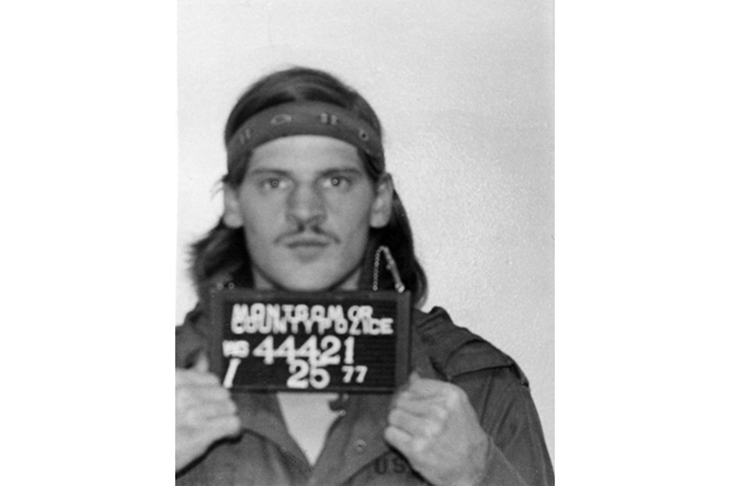

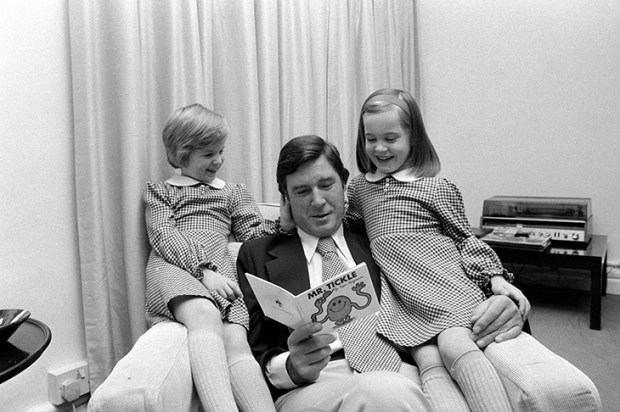

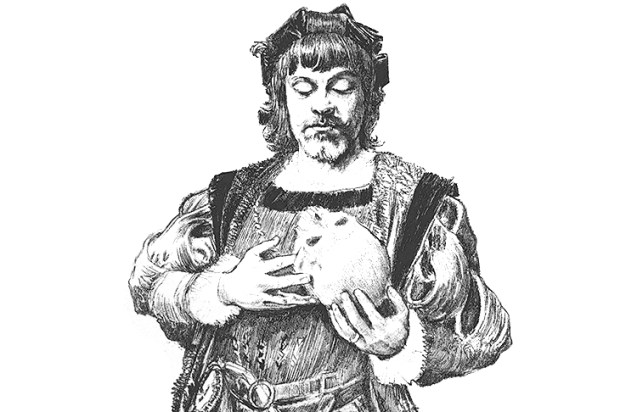
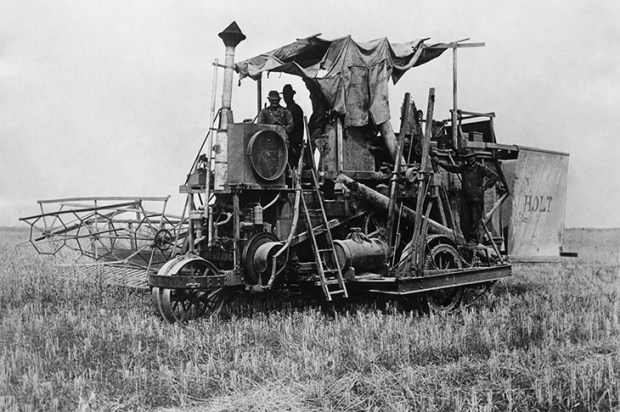
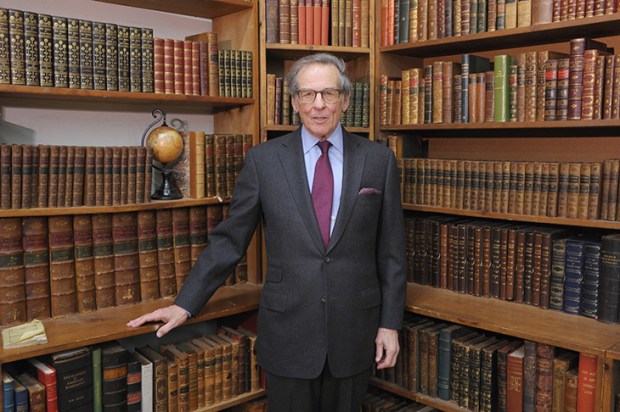






Comments
Don't miss out
Join the conversation with other Spectator Australia readers. Subscribe to leave a comment.
SUBSCRIBEAlready a subscriber? Log in